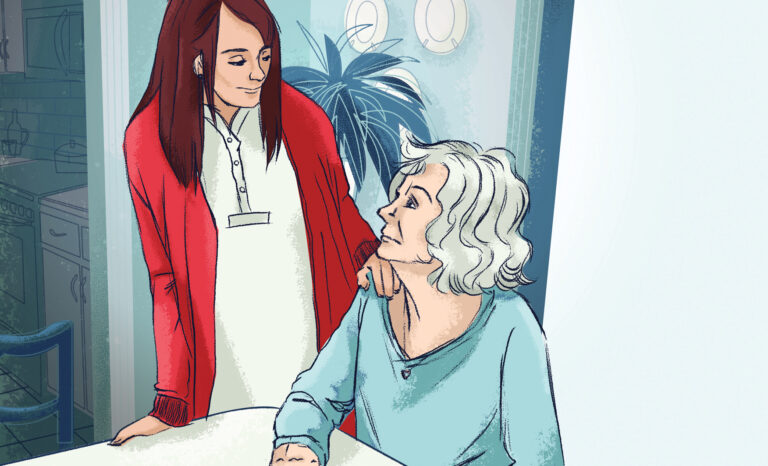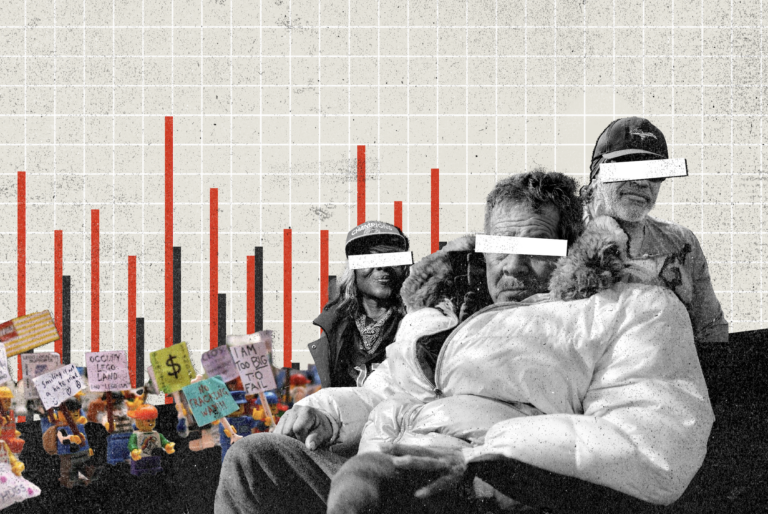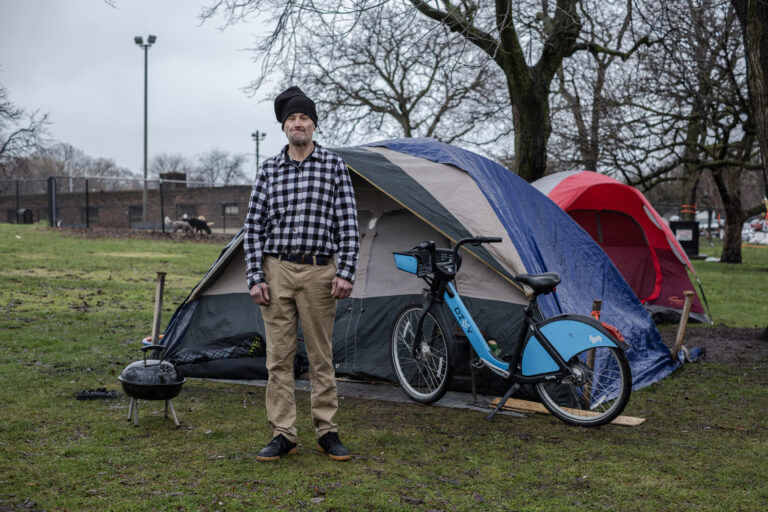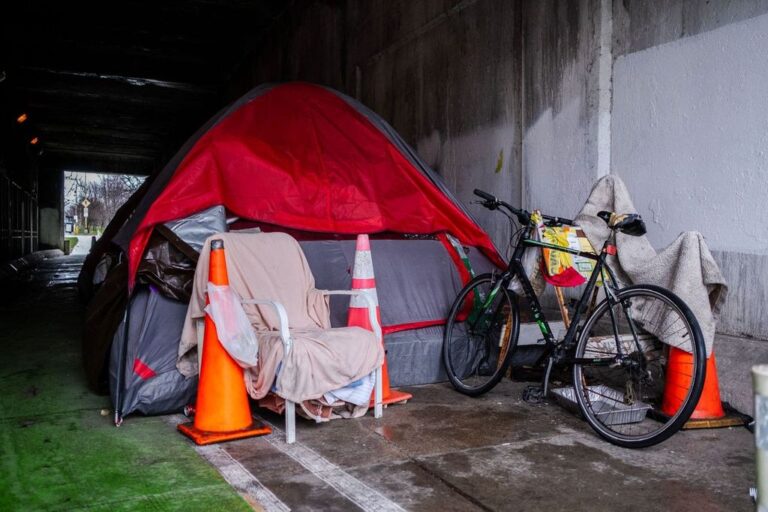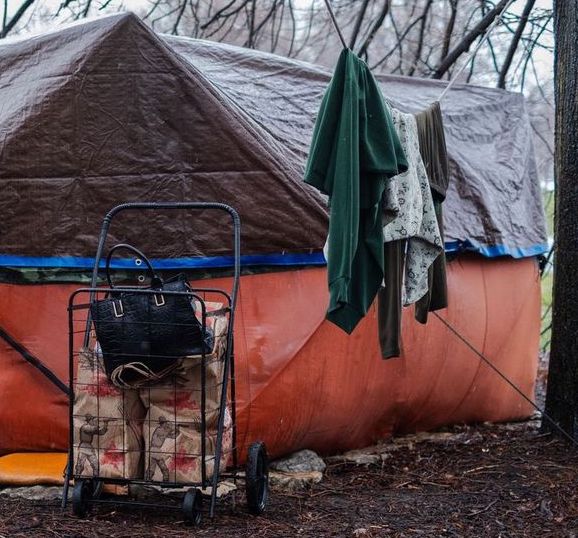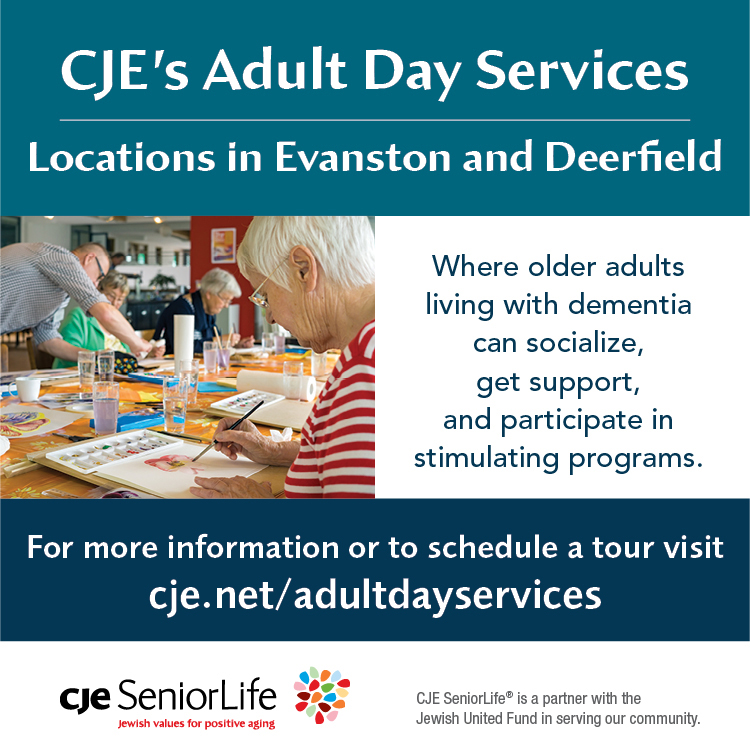Category : feature
No posts found
June 1, 2025
By Jane Tavares, UMass Boston and Marc Cohen, UMass Boston
Why do cuts to Medicaid matter for Americans over 65?...
January 3, 2025
By Dan Dean and Ronit Rose
The unique difficulties that hoarding disorder presents...
January 3, 2025
By Clavel Rangel Jiménez
When her undocumented mother is diagnosed with cancer,...
January 3, 2025
By Kathleen Aharoni, Jennifer Billock, and Cathy Cassata
When responding to caregiving’s varied and layered...
July 7, 2024
By Katie Scarlett Brandt
America’s Unhoused Older Adults Did you know...
July 7, 2024
By Jennifer Billock
Aging isn’t cheap — costs to keep in mind throughout...
May 19, 2024
By Katie Scarlett Brandt
How access to housing and medical care is making communities...
April 28, 2024
By Katie Scarlett Brandt
Street medicine is changing the way medical providers...
April 13, 2024
By Katie Scarlett Brandt
Women now make up a larger portion of unhoused Americans...
April 4, 2024
By Katie Scarlett Brandt
Older adults face an increased risk for homelessness...
No posts found



